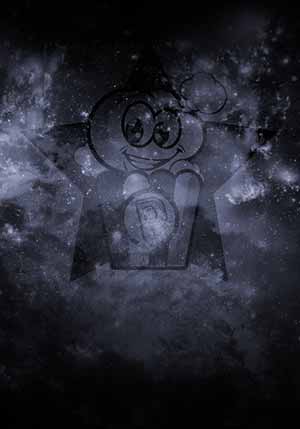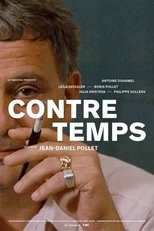Julia Kristeva
¿Quién es Julia Kristeva?
Kristeva became influential in international critical analysis, cultural studies and feminism after publishing her first book, Semeiotikè, in 1969. Her sizeable body of work includes books and essays which address intertextuality, the semiotic, and abjection, in the fields of linguistics, literary theory and criticism, psychoanalysis, biography and autobiography, political and cultural analysis, art and art history. She is prominent in structuralist and poststructuralist thought.
Kristeva is also the founder of the Simone de Beauvoir Prize committee.
Born in Sliven, Bulgaria to Christian parents, Kristeva is the daughter of a church accountant. Kristeva and her sister attended a Francophone school run by Dominican nuns. Kristeva became acquainted with the work of Mikhail Bakhtin at this time in Bulgaria. Kristeva went on to study at the University of Sofia, and while a postgraduate there obtained a research fellowship that enabled her to move to France in December 1965, when she was 24. She continued her education at several French universities, studying under Lucien Goldmann and Roland Barthes, among other scholars. On August 2, 1967, Kristeva married the novelist Philippe Sollers, born Philippe Joyaux.
Kristeva taught at Columbia University in the early 1970s, and remains a Visiting Professor. She has also published under the married name Julia Joyaux.
After joining the 'Tel Quel group' founded by Sollers, Kristeva focused on the politics of language and became an active member of the group. She trained in psychoanalysis, and earned her degree in 1979. In some ways, her work can be seen as trying to adapt a psychoanalytic approach to the poststructuralist criticism. For example, her view of the subject, and its construction, shares similarities with Sigmund Freud and Lacan. However, Kristeva rejects any understanding of the subject in a structuralist sense; instead, she favors a subject always "in process" or "on trial". In this way, she contributes to the poststructuralist critique of essentialized structures, whilst preserving the teachings of psychoanalysis. She travelled to China in the 1970s and later wrote About Chinese Women (1977). ...
Source: Article "Julia Kristeva" from Wikipedia in English, licensed under CC-BY-SA 3.0.
Trabajos destacados
Géneros más habituales en las películas de Julia Kristeva
Géneros más habituales en las series de Julia Kristeva
Compañeros de trabajo recientes de Julia Kristeva
Las imágenes y retratos de actores y actrices mostrados en este sitio web son obtenidos de la base de datos pública de The Movie Database (TMDb), utilizada bajo los términos y condiciones de dicha plataforma. En caso de que alguna imagen o fotografía sea incorrecta, ofensiva, o pueda infringir derechos de imagen o copyright, puede ser editada o eliminada directamente en TMDb. Esto provocará su eliminación automática en este sitio web. Adicionalmente, si usted desea solicitar la eliminación de una imagen directamente en nuestro sitio web, puede utilizar el formulario de contacto ubicado al pie de la página. Atenderemos su solicitud de manera expedita y tomaremos las medidas necesarias para garantizar el cumplimiento de los derechos aplicables.
The images and portraits of actors and actresses displayed on this website are sourced from the public database The Movie Database (TMDb), used in accordance with its terms and conditions. If any image or photograph is incorrect, offensive, or may infringe image rights or copyright, it can be edited or removed directly on TMDb. This will automatically result in its removal from this website. Additionally, if you wish to request the removal of an image directly from our website, you may use the contact form located at the bottom of the page. We will promptly address your request and take the necessary measures to ensure compliance with applicable rights.


